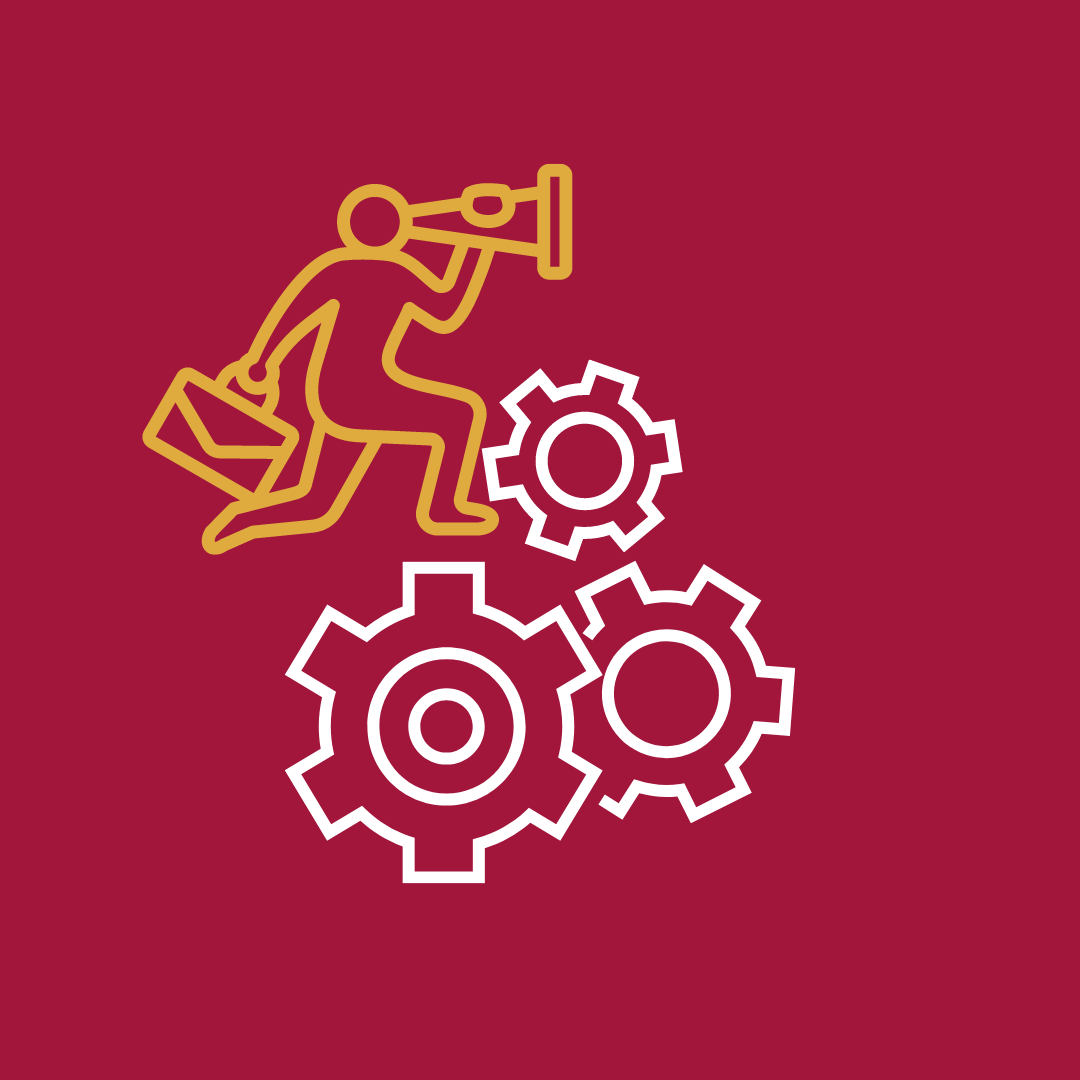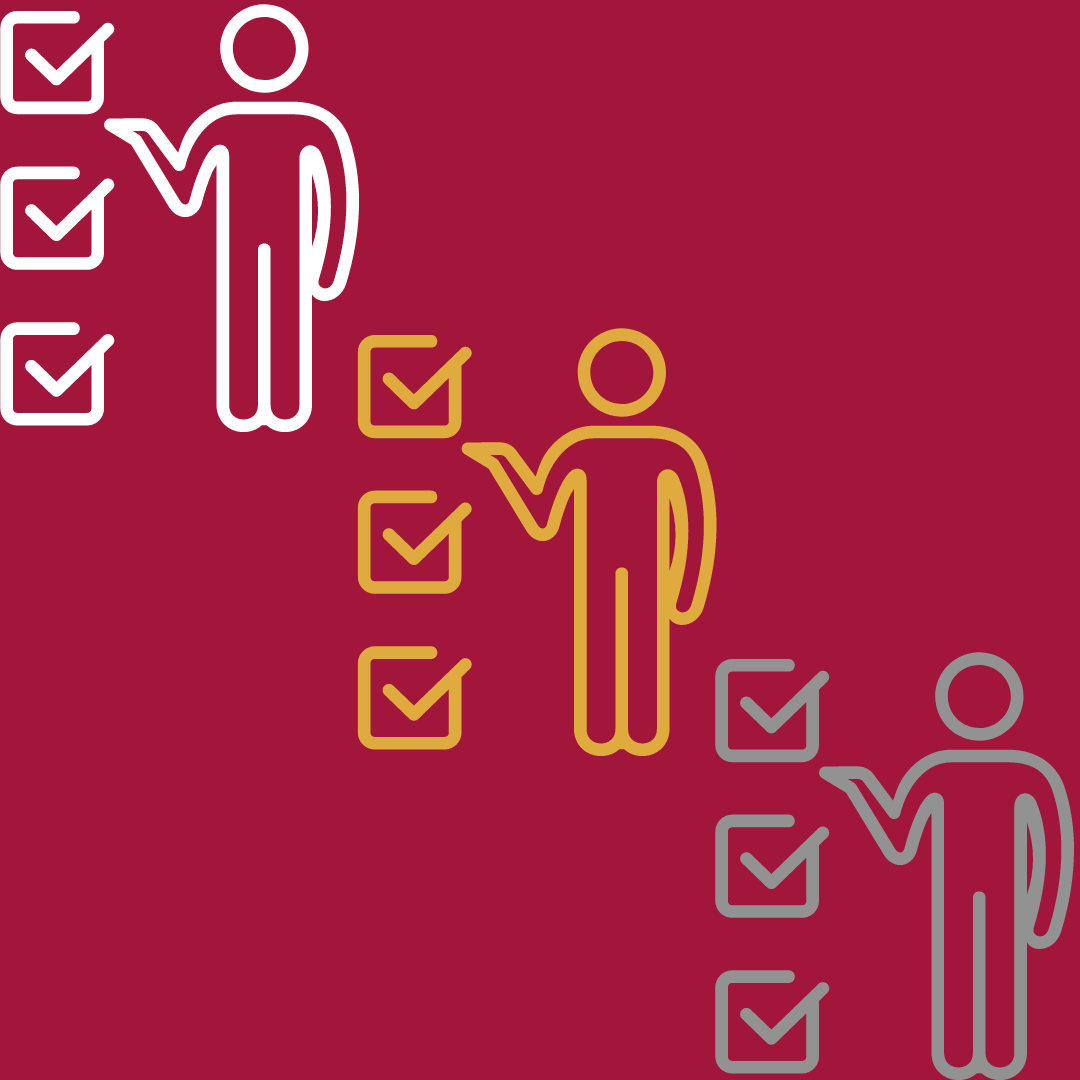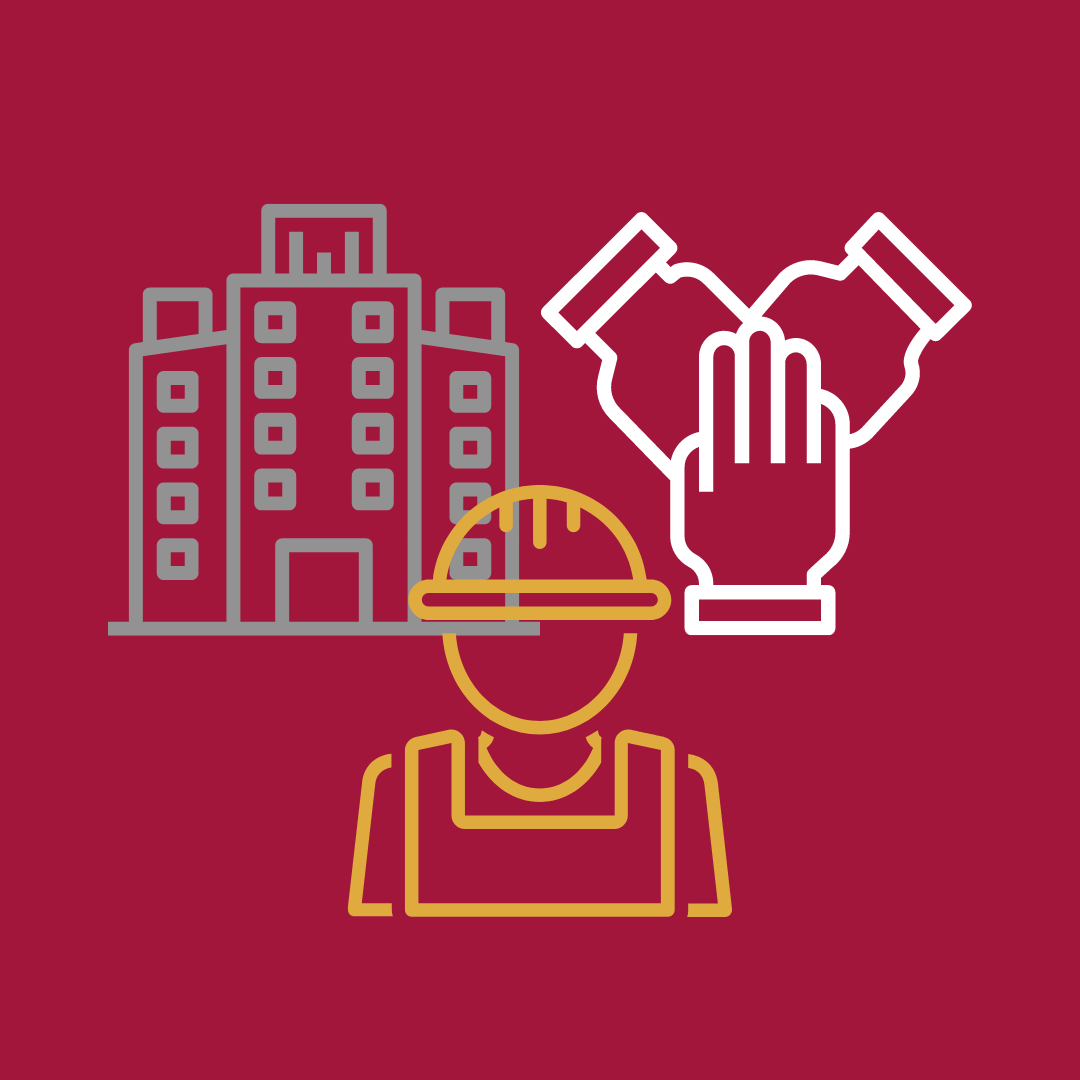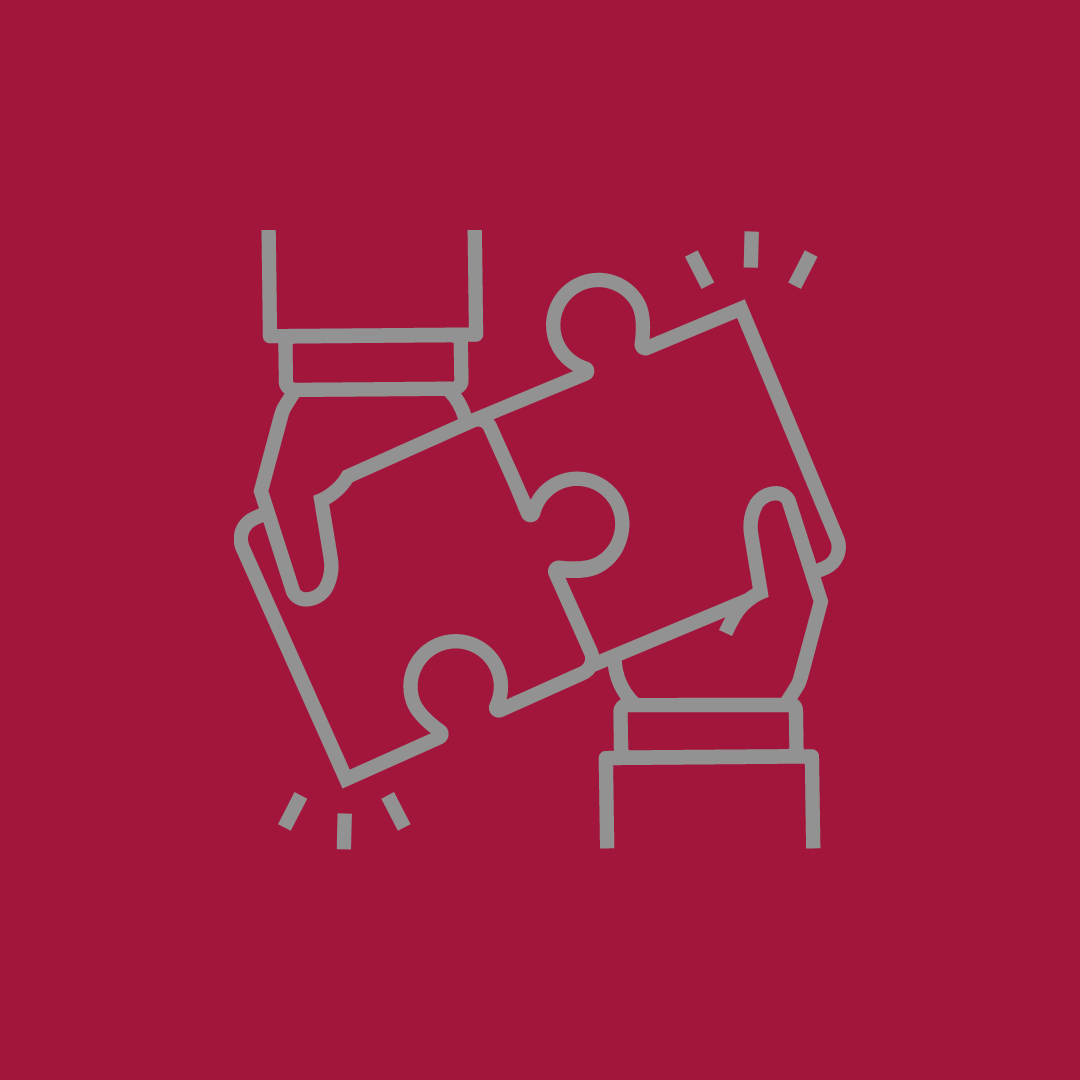What are your Post 16 options?
Courses at college are offered at different levels and the GCSE results you achieve (or are predicted) will dictate the level of course that you are offered. There are courses suitable for those who do not do as well as planned or need to move on from school in smaller steps.
There are also different styles of courses – “Academic” which are subject and exam based and “Vocational” which are linked to a career area and delivered and assessed in a more practical way - often in units.
All courses in college prospectuses are given a level – Level 1 being suited to those likely to achieve grades 1’s and 2’s, Level 2 for those likely to gain grades 3’s and – these are One Year courses. Level 3 courses are suitable for all likely to achieve at least 4 grade 4-5 grades but up to and including those achieving 9’s. these are Two Year courses.
At level 3 candidates need to choose courses carefully, research links to future plans and be fully aware of the demanding entry requirements of academic courses. Those likely to gain mainly grade 4’s need to be aware that good results in a vocational level 3 course will allow access to higher education in exactly the same way as A-levels.
If you plan to take A-levels a sensible guide is that you need to be gaining at least grade 6 in related GCSE’s – in some cases colleges may require even higher grades for example in Maths or Sciences.
T Levels

- A full time two year course, where you would study one subject which is equal to three A Levels.
- You would attend a full time college course but also take part in lots of work experience.
- They are available in a range of job areas including Design, Surveying & Planning, Digital Production, Design & Development and Education & Childcare.
- The entry requirements you usually need are five GCSEs grade 4–9 including Maths & English.
- If you do not meet the entry requirements check if your local colleges offer a T Level Transition course.
- Your assessment is usually through exams, course work and work observations. You could progress onto a higher level or degree apprenticeship, full time higher education or employment.
A Levels

- Entry levels vary for each subject but you tend to need at least five GCSEs grade 4–9 including English & Maths.
- There are a wide range of subjects on offer covering everything from Art to Statistics.
- A Levels can be a mixture of academic and practical study, depending on the subject. You can choose new subjects or study ones you already know.
- The assessment is usually more exam based than assignments or coursework.
- You could progress onto a higher level or degree apprenticeship, full time higher education or employment.
Technical and Vocational Qualifications

- You would develop your knowledge and practical skills in a broad job area like business, or in a job specific role like hairdressing.
- There are a wide range of job areas available.
- The length of your course would depend on the subject and the level but is generally between 1–3 years.
- The level you start from depends on your GCSE results and course. However, you would usually start on a course between entry Level/Level 1 to Level 3 (Level 3 is equal to A Level).
- Courses available at entry level such as Skills for Independence & Work, could help you with the knowledge, understanding and skills to be able to live a more independent life and prepare you for your next steps.
- You can sometimes mix a technical & a vocational qualification with A Levels but you will need to check with the colleges you are applying to.
- Your assessment is usually through course work, practical exams and some work experience.
- You could progress onto the next level course, an apprenticeship or higher education course.
Traineeships

- Flexible pre-apprenticeship and employment programme for 16–24 year olds.
- These usually take between six weeks to one year to complete.
- You will gain employability skills to improve your chances of gaining an apprenticeship or employment.
- You will receive support to improve your English and Maths GCSE if your current grade is below a grade 4.
- Work experience is usually included.
- You could progress onto an apprenticeship, employment or a full time course.
Apprenticeships

- You will receive practical training in a job whilst earning a wage, alongside studying qualifications.
- They are offered in most job areas and roles.
- Length from one to five years depending on the level. You can start straight from school or after a college course.
- Levels are available from Intermediate (Level 2) to Degree Level (Level 6/7).
- Your practical skills and knowledge are assessed at the end of the apprenticeship.
- These can lead to jobs, higher apprenticeships, college courses and higher education
Supported Internships

- This route is available if you have an Educational Health Care Plan (EHCP) or Statement of Educational Needs and Disabilities (SEND) and are aged between 16–24 years old.
- This will mean you work and train in a workplace, alongside improving your Maths & English
Volunteering
- Volunteering can make a real difference to your life and to others.
- It is a great way to develop your skills, improve confidence, become more independent, gain work experience, start new friendships, and be a part of a community.
- It will also give you something additional to put on your CV and could provide you with a new work reference.
- If you would prefer there are lots of virtual, online, and telephone volunteering opportunities




